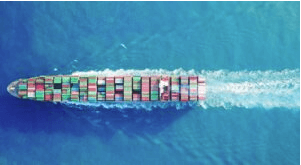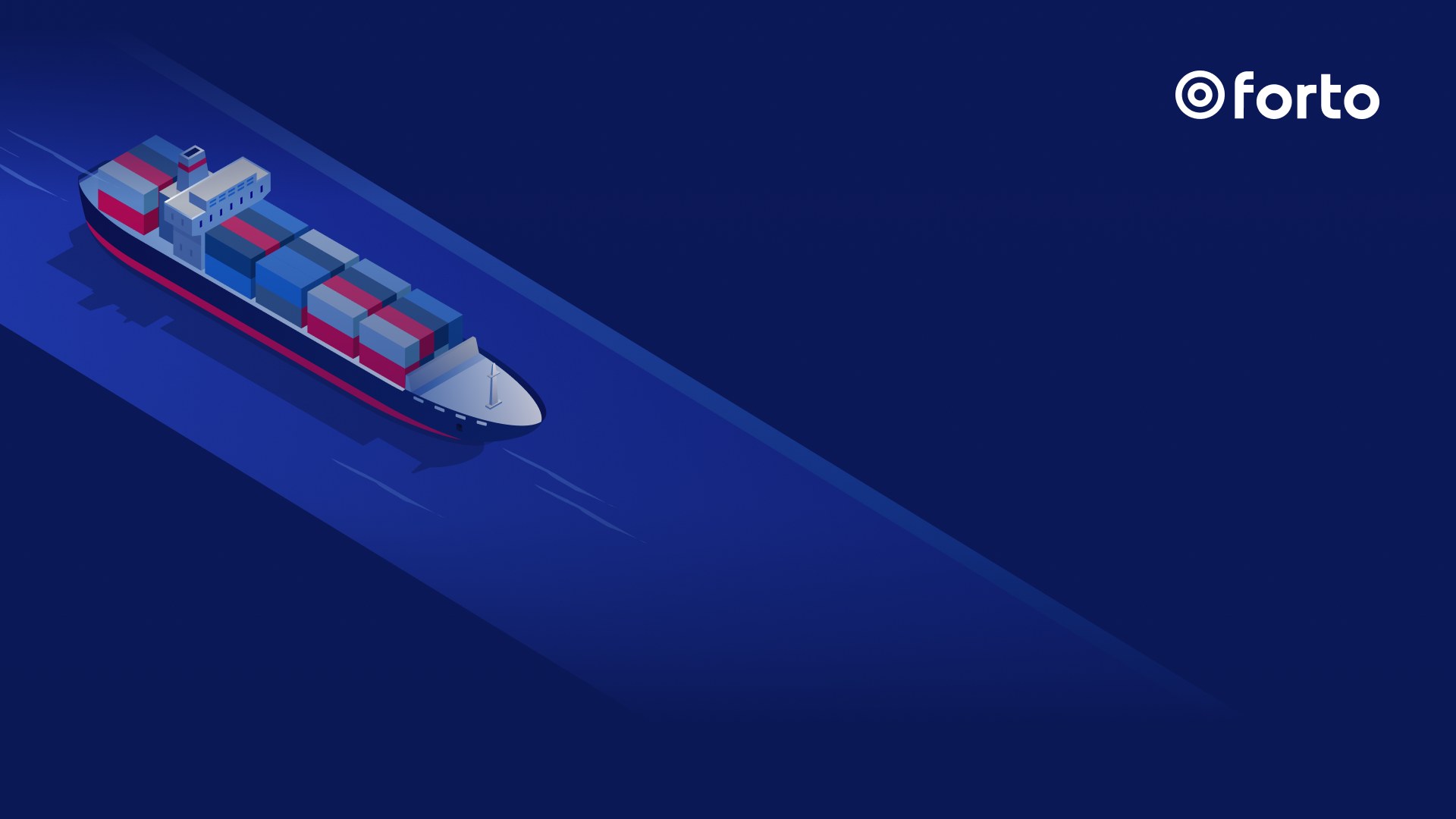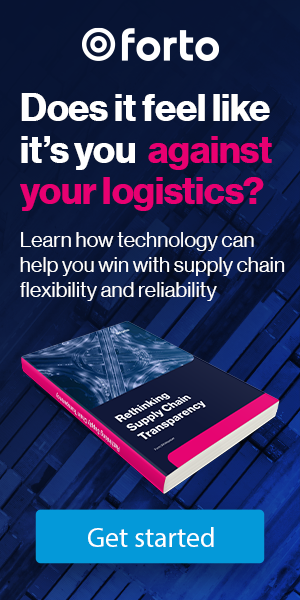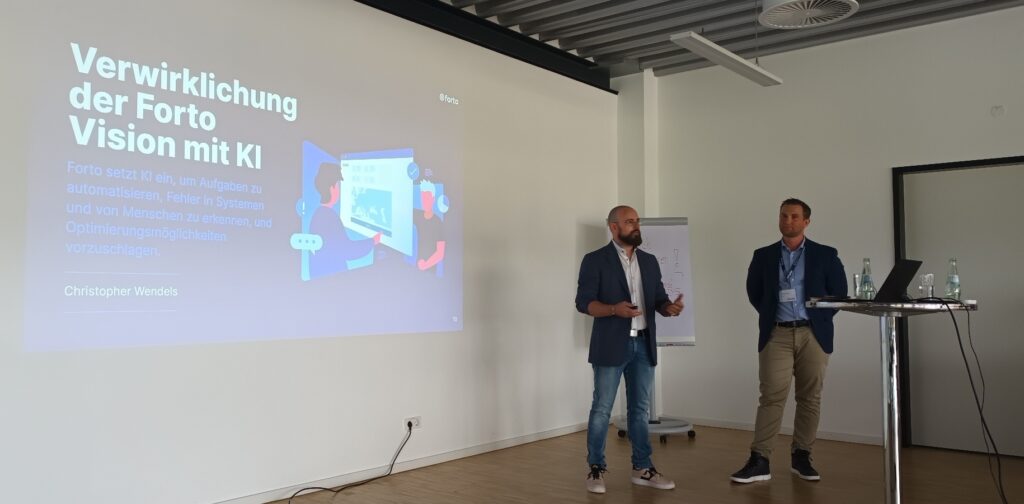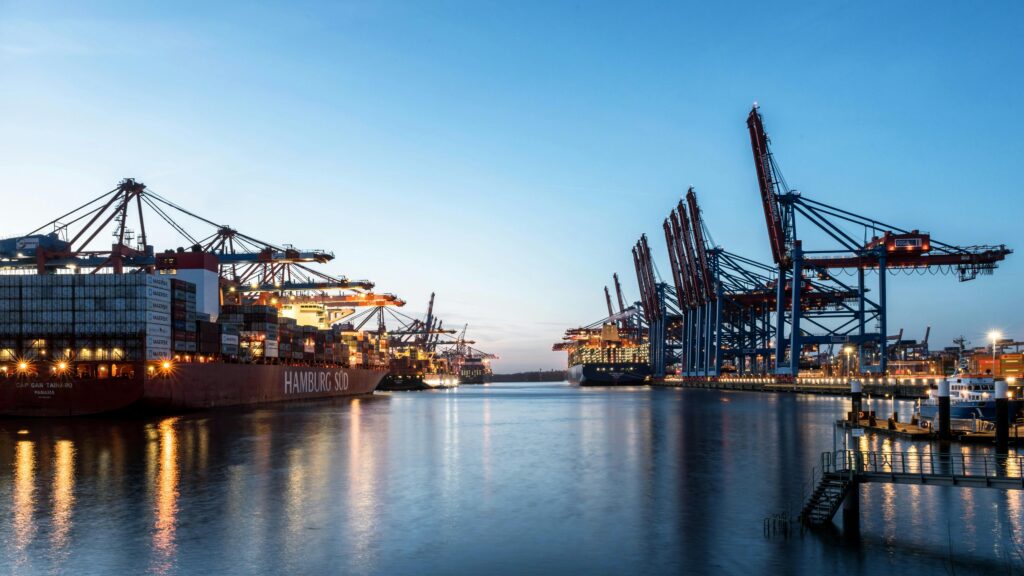A few days ago, Forto had its first AI day, hosting external speakers including Gianna Lengyel, Mistral‘s Head of Business Development, Merantix‘ Founder Rasmus Rothe and Tom Hamers and Florian Bartels from McKinsey. This session was all about how Forto is and will be using AI to build the backbone of global trade.
I see myself as a classical forwarder who started his career using typewriters to issue a Bill of Lading according to a Letter of Credit’s stipulations. A single error meant starting from scratch. Throughout my career, I’ve observed the gradual advancement of digitalization but despite my over three decades of change in the logistics sector, I confess that I find the potential of artificial intelligence the most exciting yet.
Forto’s AI Day was a great opportunity to discuss how we can use AI technology to make the lives of our customers easier. By bringing together the analogue focus on building trustful partnerships with shippers and partners and the potential of AI, I am convinced the whole logistics industry can transform itself to make shipping products as easy as sending emails. Here are a few examples of how this can be done.
Optimized Route Planning: AI algorithms analyze various factors such as traffic conditions, weather, and historical data to optimize route planning. Shippers can achieve more efficient and cost-effective transportation routes, and delivery times.
Dynamic Scheduling: AI allows for dynamic scheduling adjustments based on real-time conditions. Shippers can adapt to unexpected events, such as production delays, severe weather or changes in demand, ensuring timely deliveries and efficient use of resources.
Inventory Management: AI assists shippers in optimizing inventory levels by providing accurate demand forecasts. This ensures that shippers maintain optimal stock levels, reducing holding costs and the likelihood of stockouts or overstock situations.
Enhanced Visibility and Transparency: AI provides real-time visibility into the entire supply chain, allowing shippers to track shipments, monitor performance, and proactively address potential issues. This increased transparency helps in making informed decisions and improving customer satisfaction.
Risk Management: AI supports risk management by identifying potential disruptions in the supply chain, such as weather events, geopolitical issues, or transportation bottlenecks. Shippers can develop contingency plans and mitigate risks to ensure the continuity of their operations.
By leveraging AI technologies, Forto can help customers enhance their logistics operations, improve service quality, and stay competitive in a rapidly evolving industry. The benefits extend to cost savings, increased visibility, and the ability to adapt to changing circumstances efficiently.
Forto’s AI day reminded me once again how dynamic the world of logistics is and the potential it has to evolve. Did I manage to convey my enthusiasm? If so, I would be happy to put you in touch with my colleague Kamil Rodoper, Forto’s Chief Product Officer, who can tell you more about how Forto is implementing AI to make your life easier.
For a sneak peek, you can listen to his latest interview on our podcast Fortobites.

